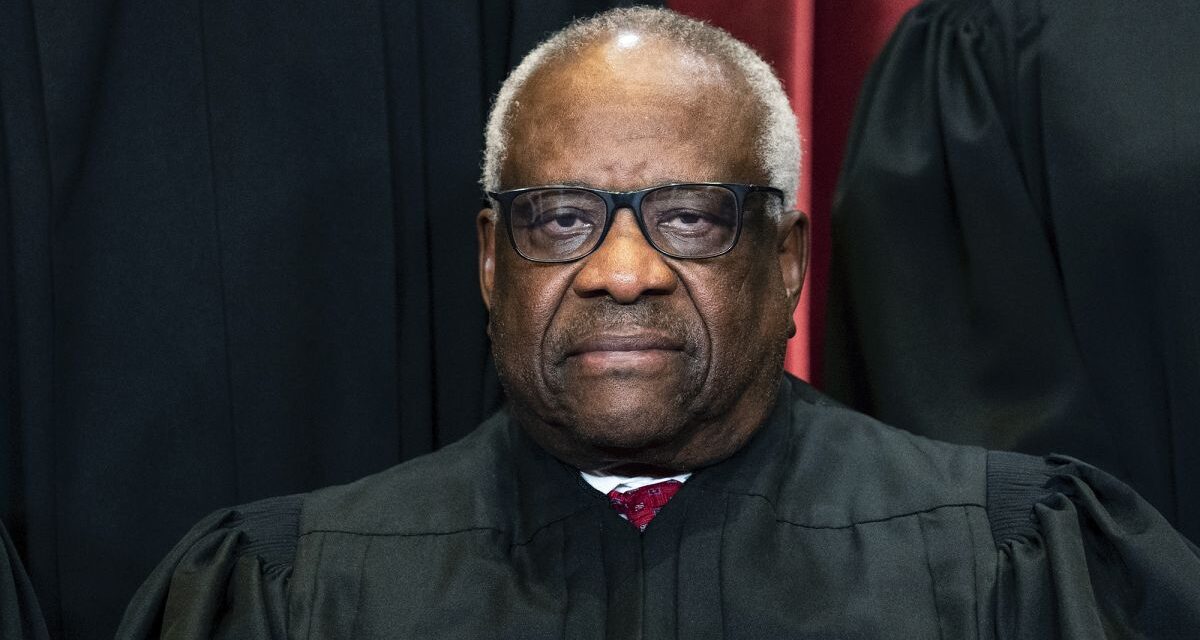The anti-choice crowd has waited long enough. They’re ready for their long-awaited victory. On Thursday, the Mississippi attorney general Lynn Fitch asked the Supreme Court to overrule their 1973 ruling in Roe v. Wade and their 1992 ruling in Planned Parenthood v. Casey. Given the current makeup of the high court, there’s not much reason to believe they won’t prevail.
The mechanism will be Dobbs v. Jackson Women’s Health Organization, a case involving a Mississippi law enacted in 2018 that bans abortion after 15 weeks except in cases of severe fetal abnormality or a medical emergency. Lower courts have followed long-established precedent and ruled the law unconstitutional. It’s unlikely that it will remain so.
On paper the Supreme Court has six members who oppose abortion rights and three who support them. This is the result of the Republicans’ decision to deny Merrick Garland a seat in 2016 and then to ram home the confirmation of Amy Comey Barrett in the last days of the Trump administration.
It’s possible that Chief Justice John Roberts will vote to uphold the prior rulings based on stare decisis, a principle holding that the court should not lightly reverse its own precedents. But Roberts’ vote alone would not be enough to protect women’s constitutional right to an abortion.
Of course, the conservatives on the Court can choose to go big or small. They don’t have to throw the entire framework established by Roe and Casey out. Mississippi suggested some lesser alternatives.
The court, of course, is free to reject the state’s argument, or to decide the case on much narrower grounds. But the brief emphasizes the potential presented in the case, Dobbs v. Jackson Women’s Health Organization, the most direct challenge to abortion rights at the Supreme Court in decades…
…Still, overturning a precedent as deeply ingrained in the public as Roe is a major request.
As an alternative, Mississippi said the court could reduce the heightened scrutiny that abortion laws must meet and find that Mississippi’s law meets legitimate objectives such as protecting the unborn, women’s health or the medical profession.
It could find that not all pre-viability abortions are unconstitutional, the state said, or that the 15-week restriction does not place an undue burden on a substantial number of women.
One sign of how this will go is that the Court agreed to hear the case at all. If the conservatives thought they’d lose and wind up reaffirming and strengthening abortion rights, they would have let the rulings from the lower courts stand. But they’ve accumulated the power they need, thanks to the hardball tactics of Senate Republican leader Mitch McConnell, and there’s no more reason to delay.
The oral arguments will be heard in November or December, and the earth-shattering ruling will probably come in June 2022, just in time to be a hot topic in the midterms. Most likely, we’ll then see a shift in American politics. For a long time, abortion has been a major rallying point for Republicans. It’s always less energizing to defend the status quo and easier to mobilize people for change. But once they have their victory, that dynamic will be reversed.
It won’t be an even swap either. The public supports abortion rights, but the issue hasn’t had the same salience for supporters as it has had for opponents. This resulted in a pretty even fight. When the Democrats have both the issue and the energy on their side, they’ll start to enjoy a significant political advantage.
Winning seats in Congress, however, is not the same as winning back an ideological majority on the Supreme Court. That could take decades.
In the meantime, the fight will turn to the states, and it will be ugly.


![Israel Stocks Fall – Social Justice Rallies by 300,000 [Update]](https://progresspond.com/wp-content/uploads/2019/04/Justice-440x264.jpg)




